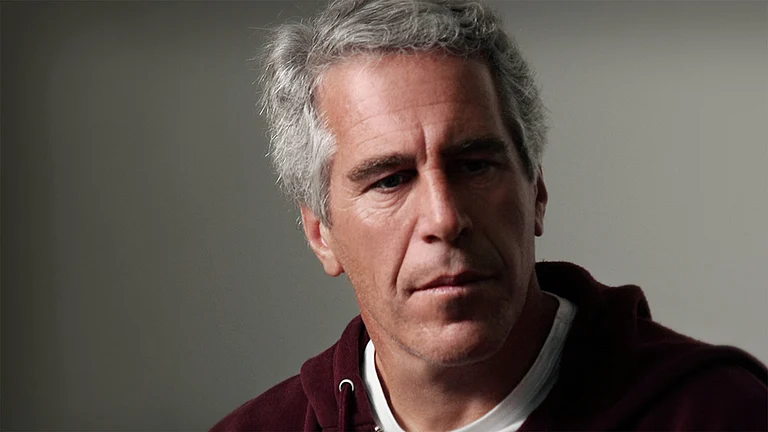

The debate on the Booker judges’ "fatwa" on ‘heavyweight, humourless’ literary writing rages on: "How things have changed," laments The Guardian, pointing out that a judge in the 1991 Booker Prize jury, Nicholas Mosley, resigned from the panel because the shortlist contained no "novel of ideas". The first Booker was awarded in 1969 to P.H. Newby’s Something to Answer For. The judges, including Stephen Spender and Rebecca West along with Guardian literary editor Bill Webb, chose Newby over such favourites as Muriel Spark and Iris Murdoch. Is that why the present chairman of judges, Lisa Jardine, wants to go browsing in bookshops instead of depending on what the publishers send as suitable entries?

In contrast, the Commonwealth Writers Prize prefers to be an old stick-in-the-mud, not at all anxious to change its image. The Commonwealth prize, says Malashree Lal, three times on the judging panel, "rewards excellence of writing". For Lal, the only three criteria for the prize are "narrative strength, language, and authenticity of cultural experience".

India is no longer the IWE’s baap ki jagir. Ask the half-dozen Australian writers working on novels set in India. Currently participating in a writers’ forum called India in the Australian Imagination, these writers are exploring themes ranging from the many lives and deaths of a Buddhist monk in India to the loves and losses of a star-crossed Indian couple.


























